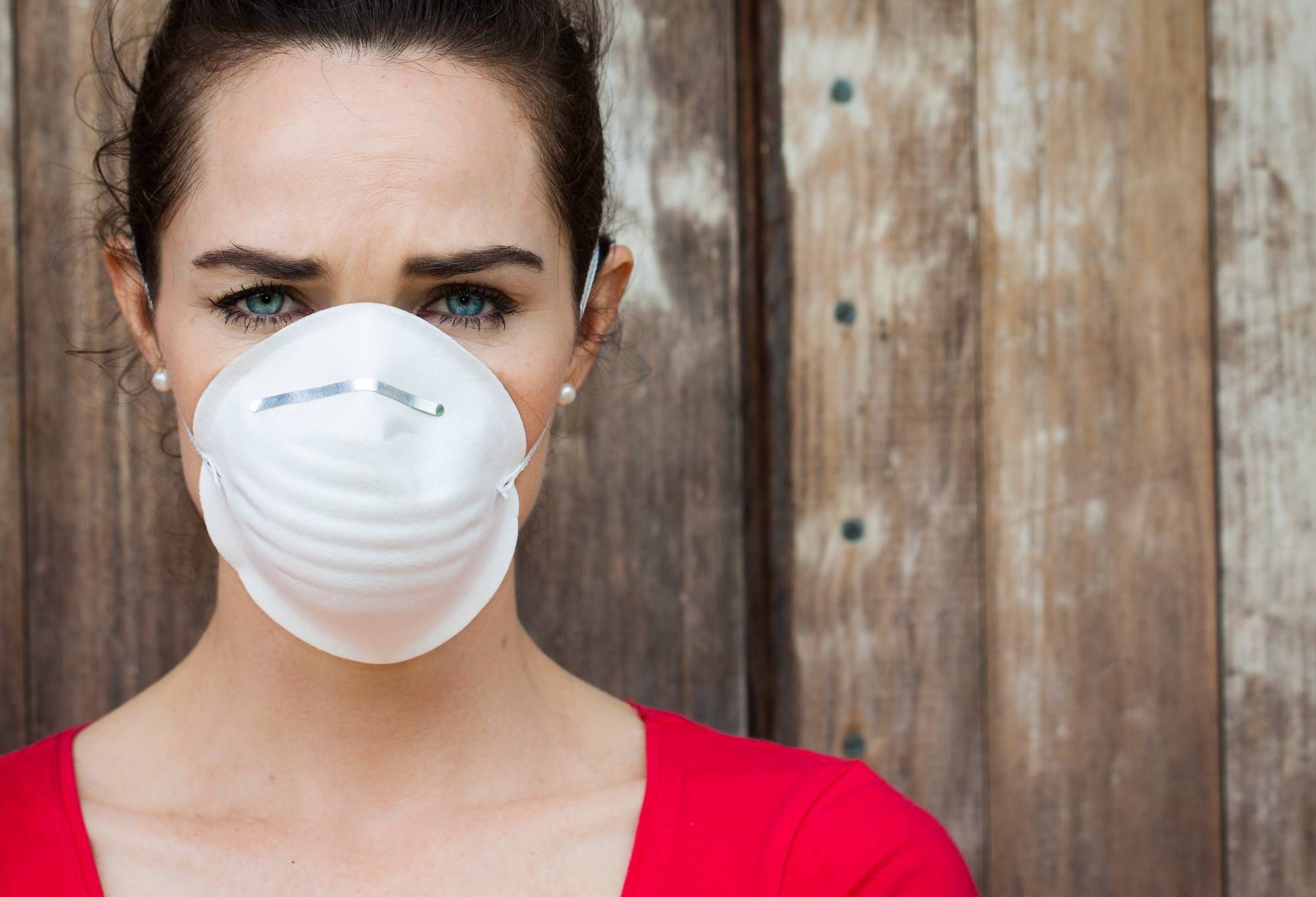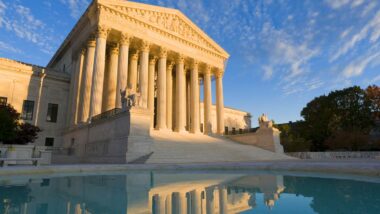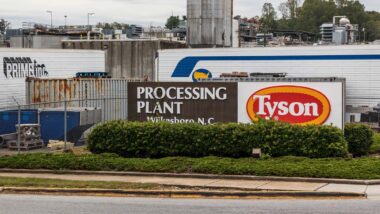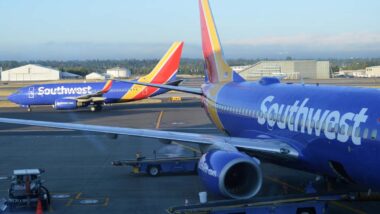Top Class Actions’s website and social media posts use affiliate links. If you make a purchase using such links, we may receive a commission, but it will not result in any additional charges to you. Please review our Affiliate Link Disclosure for more information.
According to a waitress at a Dallas restaurant, the owners of the restaurant required her to work without a mask, endangering her safety and violating the law.
The COVID-19 mask lawsuit was filed by a waitress who wishes to remain anonymous. She says that she has worked at R+D Kitchen in Dallas County, owned by the Hillstone Restaurant Group, for two years.
Allegedly, her supervisor and the manager of the restaurant said that she must work without a face covering. The waitress says that she refused to do so, and was subsequently not allowed to return to work.
In her eyes, this policy violates the law, and forces employees like herself to choose between earning a living and complying with the law.
The waitress says that on April 29 she was contacted by her supervisor, the Kitchen Manager at R+D Kitchen. The manager reportedly told her that as the restaurant was re-opening dining service on Friday, May 1, she could resume her regular shifts.
The COVID-19 lawsuit claims that, during the phone call, she asked about how the workers would be able to protect themselves from the coronavirus pandemic during their work. Allegedly, she asked about personal protection, but the manager told her that the company would prohibit works from wearing masks or another form of face covering while at work.
The waitress says that she expressed objections to the policy, but the manager told her that she would be removed from the schedule and would not be allowed to work if she did not agree to work without a face mask.
The COVID-19 response lawsuit then alleges that the waitress received a text message from the kitchen manager telling her to contact the Executive General Manager of R+D Kitchen with any questions.
After this invitation to contact the manager, the waitress reportedly called the Executive General Manager, requesting to wear a face covering during her shifts. She states that during this call, the Executive General Manager informed her that she was not allowed to wear a face covering while at work, and if she did not agree to work without a face mask, she would not be allowed to return to work.
Since these conversations, the waitress has been removed from the schedule, missing four shifts and a total of 40 hours of work. Allegedly, she has not been paid for not working. She stresses that she will continue to miss work until she decides to go to work without a face mask.

She seeks damages for herself, in the form of compensation for lost work. She also seeks injunctive relief to prevent the restaurant from continuing to violate the law and put both workers and customers at risk.
According to the waitress, the restaurant will not adequately protect workers without intervention from the court.
The employee protection lawsuit explains that the Texas Labor Code and federal OSHA regulations state that employees are entitled to a safe workplace. In her eyes, this includes all necessary personal protective equipment needed to do their job safely.
The plaintiff stresses that the Center for Disease Control, the President of the United States, and the County Judge require individuals to wear the protective equipment to prevent the spread of the coronavirus.
Allegedly, Hillstone Restaurant Group’s policies violate both state and federal labor protection rules. The restaurant employee lawsuit goes on to state that County Judge Jenkins implemented orders on April 23 and May 4 to require employees to wear face coverings.
The lawsuit further claims that the Texas governor also ordered that restaurants reopening must follow the CDC’s recommendations, including for the use of face coverings.
The worker explains that the law prohibits employers from requiring workers to violate the law as a condition of their employment, which she says her employer is doing.
According to the waitress, her employer put profits ahead of both the law and the safety and rights of its employees.
Do you believe your employer is taking adequate measures to protect employees during the COVID-19 pandemic? Share your thoughts in the comments below.
The Hillstone employee is represented by Charla G. Aldous of Aldous/Walker.
The COVID-19 Face Mask Class Action Lawsuit is Jane Doe v. Hillstone Restaurant Group Inc., Case No. DC-20-06494, in the 116th Judicial District Court of the State of Texas, Dallas County.
Join a Free Coronavirus Class Action Lawsuit Investigation
If you believe your rights were violated in a way that is directly related to the coronavirus pandemic, you may qualify to join this coronavirus class action lawsuit investigation.
ATTORNEY ADVERTISING
Top Class Actions is a Proud Member of the American Bar Association
LEGAL INFORMATION IS NOT LEGAL ADVICE
Top Class Actions Legal Statement
©2008 – 2024 Top Class Actions® LLC
Various Trademarks held by their respective owners
This website is not intended for viewing or usage by European Union citizens.















